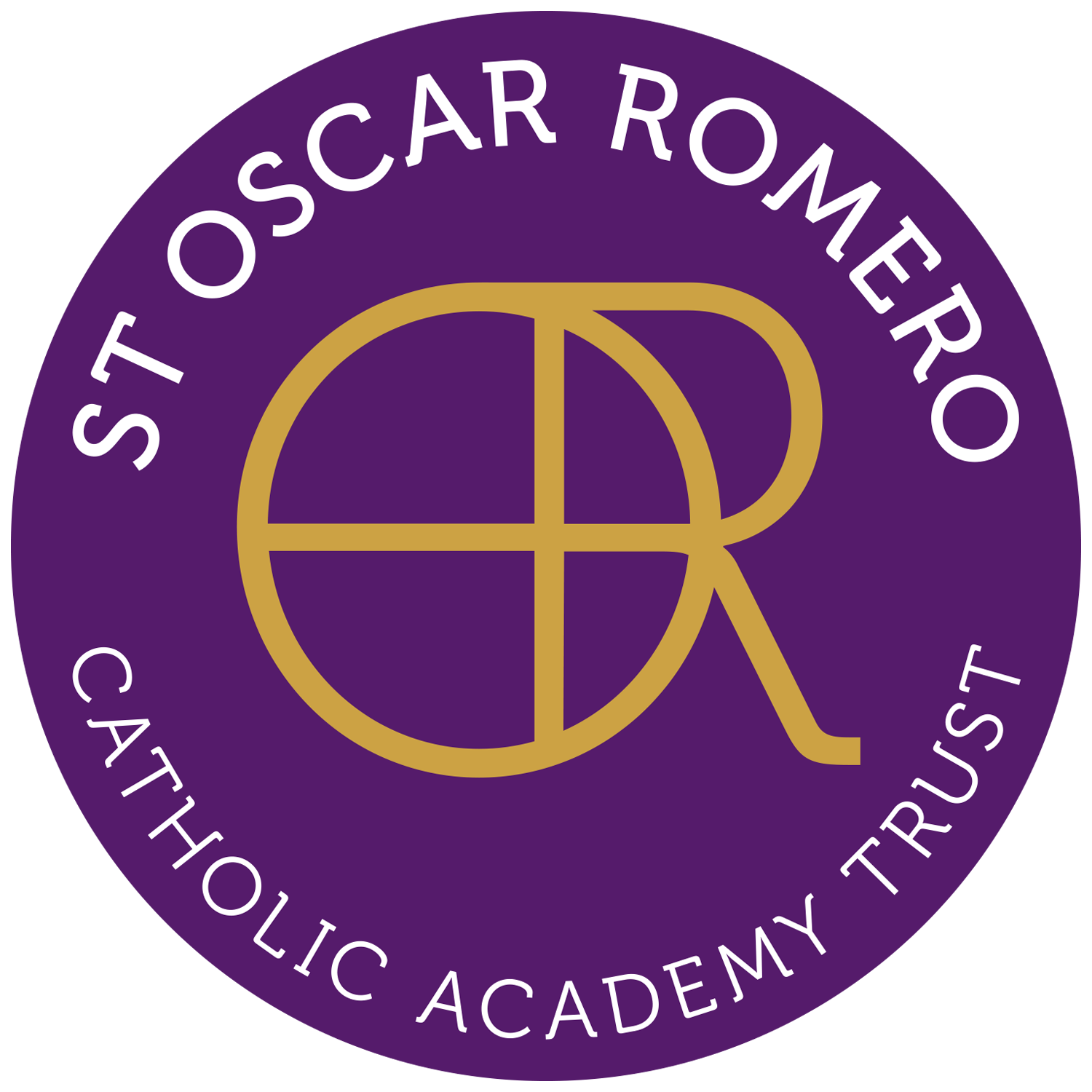- Home
- Excellent Progress-Curriculum
- Subjects
- Design & Technology
Design & Technology
Dear God, Bless us as we learn and create in design technology. Inspire our creativity and guide our minds to develop innovative and functional designs. Help us consider the needs of others and the impact of our creations on the world around us.
Head of department
Ms H Woolgar
Other teaching staff
Ms C McCardle
DT Technician
Mr J King
Any questions emailhwoolgar@stmcomprehensive.org
Design and Technology allows all students to demonstrate their individual creative flair, problem solving abilities and practical skill. Students acquire new knowledge, skills and attributes applying these both independently and collaboratively in a range of contexts, activities, tasks, and projects. The subject will equip them with the necessary skills to meet their own and the needs of others in an ever changing and unpredictable world. They will consider carefully and ‘design for our tomorrows’ through new, emerging, and digital technologies but also using traditional techniques and processes. They will understand, empathise, respect and value people, places, and the implications of their decisions upon the environment as part of their design and technology journey.
All units of work offer a mix of theoretical knowledge alongside practical experiences and allow students the opportunity to progressively build up their creativity, problem solving, planning, and evaluation skills.
Design and technology enables students to demonstrate:
• Resilience, articulation, communication, problem solving, design and technical thinking, decision making
• Thinking about and ‘designing for our tomorrow’.
• The application of science and mathematics in a practical context.
• Communicating and articulating ideas through a wide range of media
• Empathising with individuals and situations and suggesting potential resolutions and solutions.
• Independently making things a reality – having the confidence to go their own way to design to make.
The subject is forever evolving and never stands still – this speed of change makes it unique.
We need to be equipping our students to be creative thinkers and problem solvers to enable them to succeed in the future. Design & Technology’s core principles allow this to take place
Key Stage 3
Design and Technology forms one part of a carousel of subjects that engage students in a broad and balanced curriculum across the school year. Students alternate between Design and Technology (Product Design), Food and Nutrition and Art.
With three lessons per week, there will be two Design and Technology - Product Design units of work in each year. The first unit of work for eight weeks and the second for four weeks.
In year 7 and 8 we prioritize foundational skills, understanding the core principles of design and manufacture with safe working practices while fostering an interest in the impact of design and technology on the world around us.
Year 7
Students are introduced to the school's Design and Technology workshop and learn essential safety practices. They develop basic design skills and practical techniques, utilising computer aided design and manufacture where appropriate and begin building understanding of the use of materials in design.
Year 8
Building on their foundational skills, Year 8 students explore a wider range of design skills and practical techniques. They continue to develop design thinking and communication skills and explore the use of computer aided design tools in greater depth. The curriculum introduces the concepts of inclusive design and sustainability.
The intent of the year 7 and 8 curriculum can be found here
GCSE
The GCSE Design and Technology course follows the OCR specification
GCSE - Design and Technology (9-1) - J310
Design Technology GCSE prepares students to participate confidently and successfully in an increasingly technological world. Students gain awareness and learn from wider influences on Design and Technology including historical, social, cultural, environmental, and economic factors. Students will get the opportunity to work creatively when designing, prototyping, making and apply technical and practical expertise.
Year 9
Year 9 marks the beginning of the GCSE course, following the OCR specification. Students learn the technical knowledge that informs their ability to design and manufacture prototypes and products in three units, one per term
Year 10
In year 10 the curriculum is again broken down into three units, one per term, creating opportunities for students to continue developing independent design skills. They build on their technical knowledge as they explore a wide range of material origins, classifications, properties and uses, connecting their learning to principle of sustainable design in readiness for the NEA project.
Year 11
In Year 11, the focus is on completion of the NEA assignment worth 50% of the GCSE grade and preparing for the written examination for the remaining 50%. The NEA requires students to respond with high levels of independence creating solutions to design problems they identify and explore.
The intent of the year 9-11 curriculum across can be found here:
GCSE Design + Technology intent timeplan
Extra curricular opportunities
Designers and Makers club runs every week for students who want the freedom of designing and making anything they choose. Students use traditional hand tools or spend time using software to 3D print.
Students are given opportunities to be entered into local and national competitions as and when they arise.
Trips may include The Design Museum, The Museum of Branding, Victoria and Albert museum, The New Designers exhibition.
Career opportunities
Skills developed whilst studying Design and Technology not only provides a solid foundation for further study but also provides valuable, important and desirable transferable skills for the workplace.
Just some of the many career opportunities are listed here; Product Design, Engineering, Architecture, Manufacturing, Web Design, 3D printing, Electronic Engineering, Energy Generation and New Technologies, Mechanical engineer, Civil Engineer, Aerospace Engineer, Electrical Engineer, Automotive Designer, Industrial Designer, Electronic Designer, Fashion Designer, Costume Designer, Interior Designer, Software Designer, Theatre and set Designer, Footwear designer, Spatial designer, Film and TV Photographer, Games Designer, Animator, Digital Designer, Furniture Designer and Maker, Structural Engineer, Graphic Designer, Jewellery designer, Sustainability Designer, Aviation Designer, Formula One Racing Designer.

